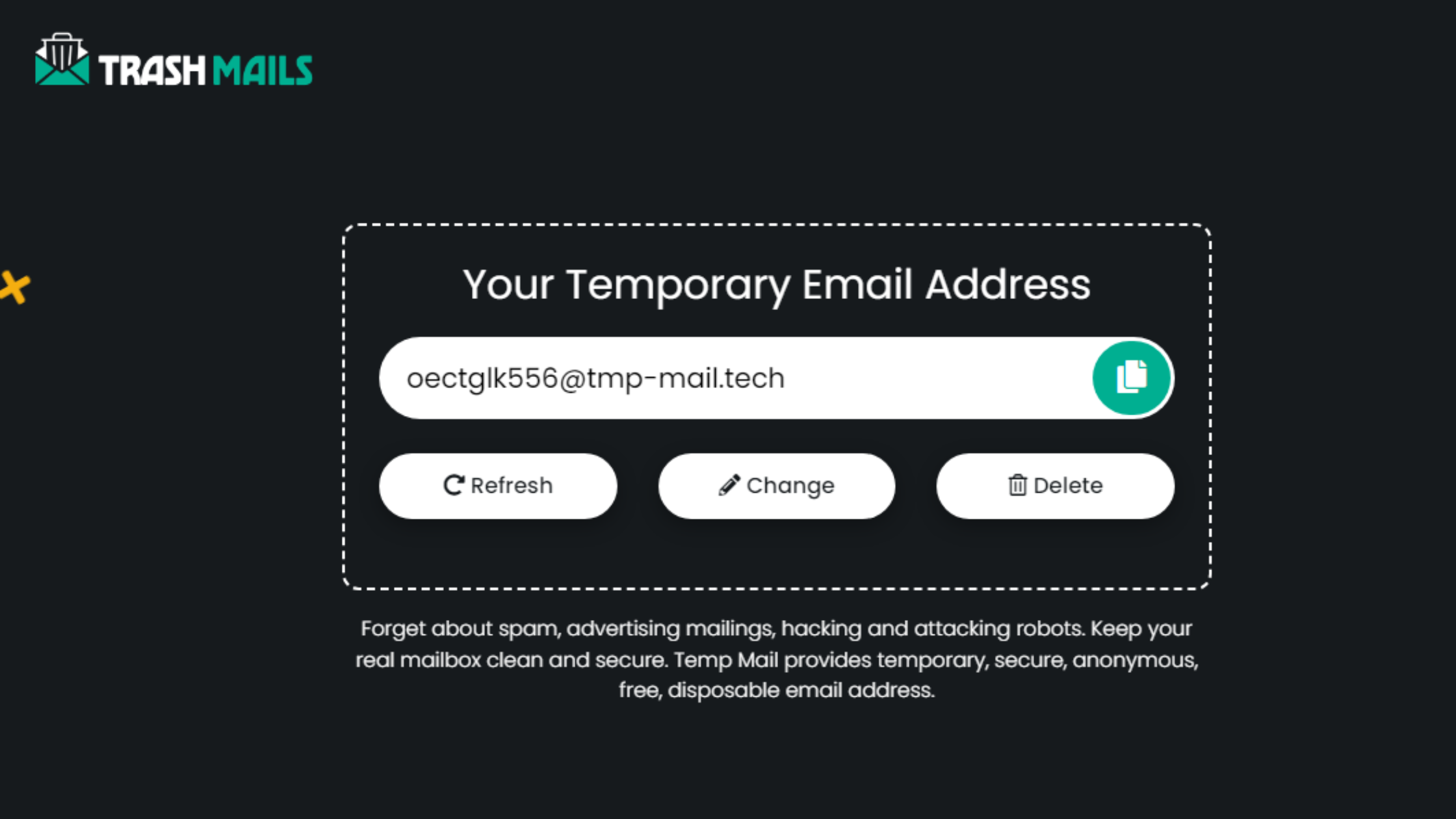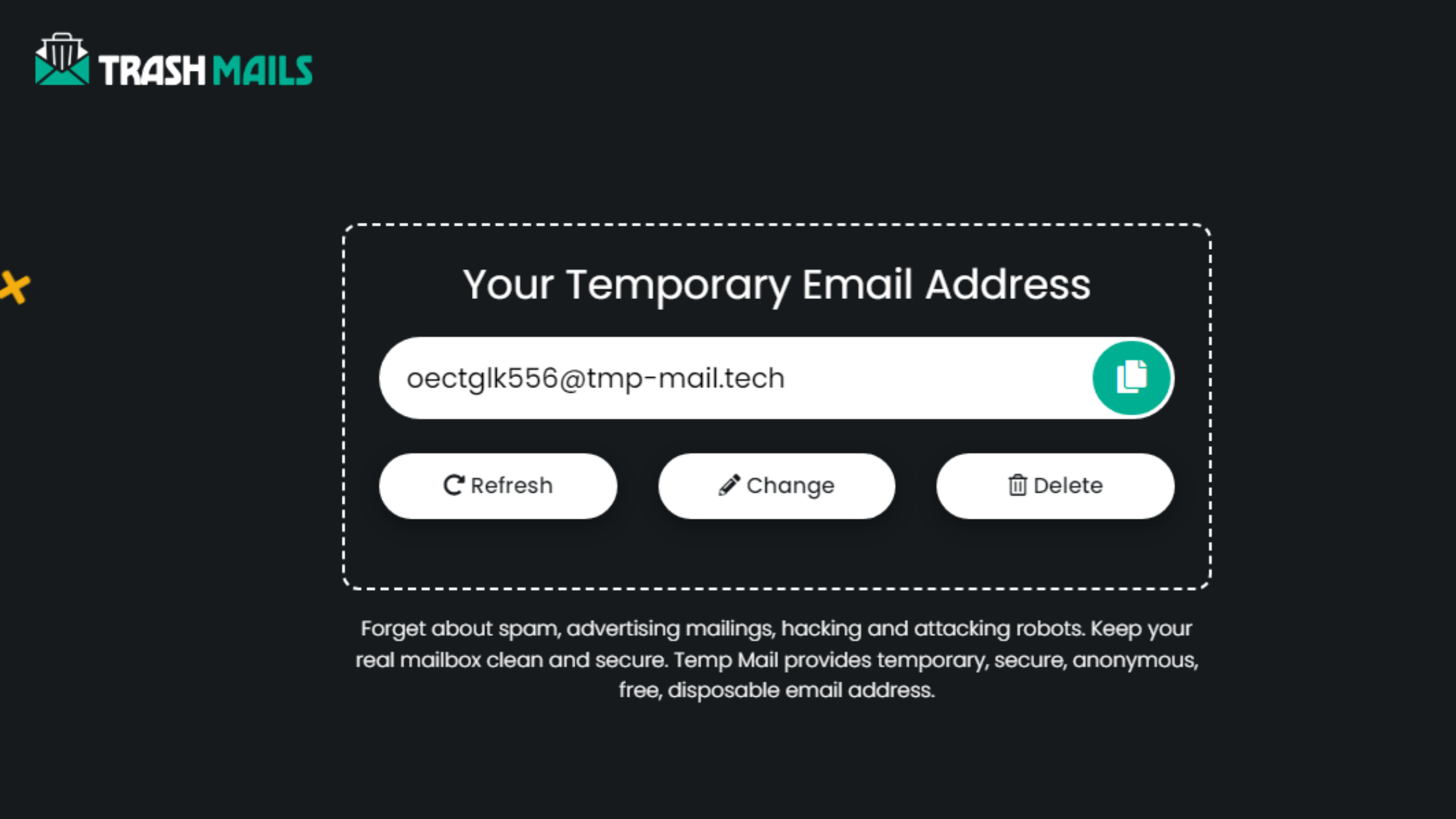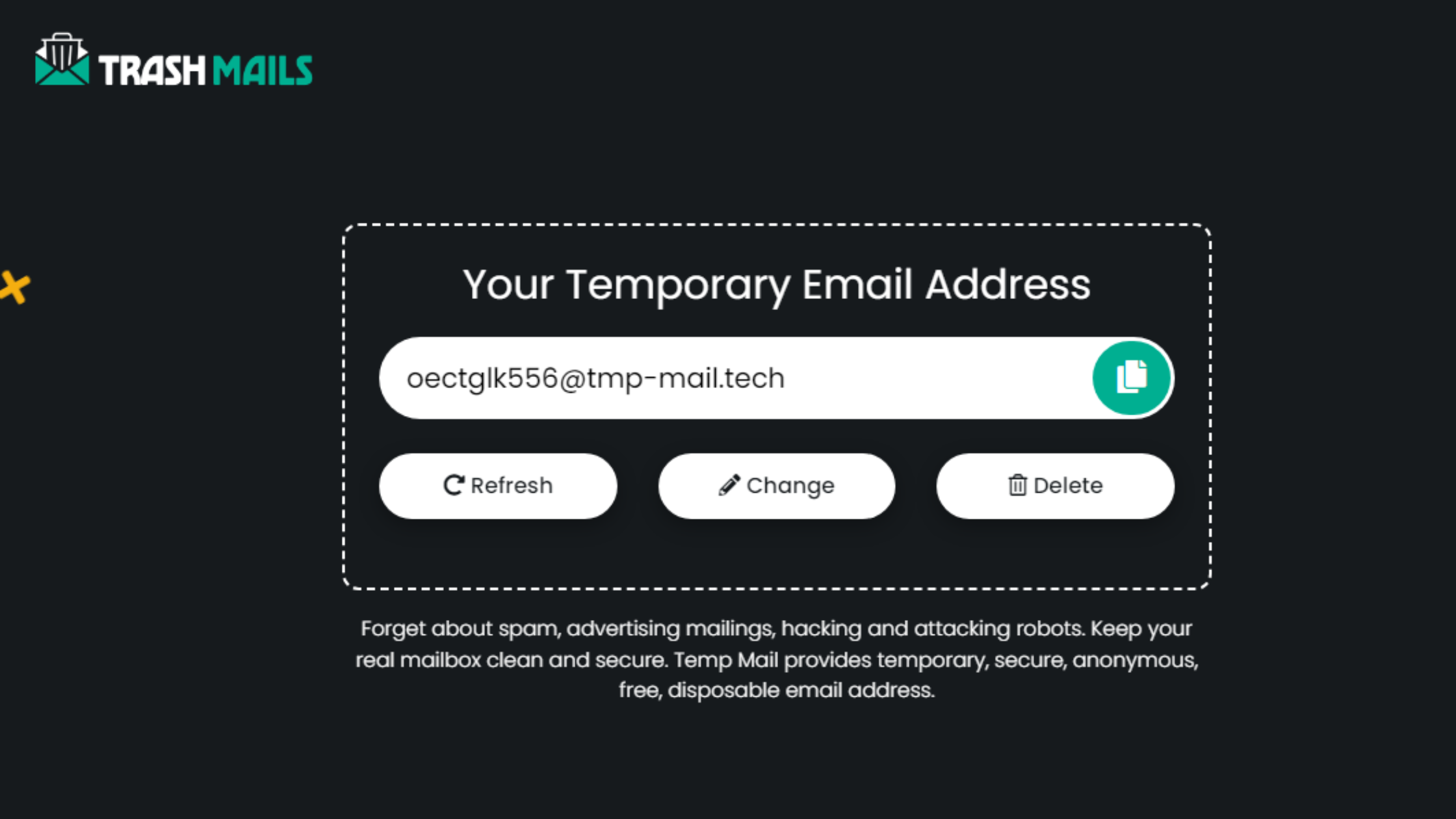In today’s digital world, email has become a cornerstone of online communication. Whether you're signing up for social media, subscribing to newsletters, or exchanging professional correspondence, having an email address is almost mandatory. However, as we dive deeper into the online realm, the distinctions between regular email and anonymous email are becoming increasingly relevant. So, what exactly sets them apart? Let’s break it down!
Understanding Regular Email
Regular email refers to the conventional email accounts we use every day. Services like Gmail, Yahoo, and Outlook offer users a way to send and receive messages, share files, and maintain communication with others. But what are the key characteristics of a regular email account?
1. Identity Verification
When creating a regular email account, users typically provide personal information such as their name, phone number, and sometimes even their address. This requirement ensures that the service can verify the identity of the user, which is essential for security and spam prevention.
2. Permanent Account
Regular email accounts are designed to be permanent. Once you create an account, it generally remains active until you choose to delete it. This longevity can be advantageous for maintaining long-term communications but can also make it challenging to erase one’s digital footprint.
3. Full Features and Functionality
Regular email accounts come packed with features such as advanced spam filters, storage options, and integration with other services. Users can manage calendars, save files in the cloud, and even use chat functionalities—all from a single platform.
Exploring Anonymous Email
On the other hand, anonymous email is gaining traction as privacy concerns rise. Services like 10 minute email or temp mail with password allow users to generate temporary email addresses that serve specific purposes without revealing personal information. Let’s explore what makes anonymous email distinct.
1. Privacy Protection
One of the most significant advantages of using anonymous email is the level of privacy it provides. When you use an anonymous email service, your identity is hidden. This is particularly beneficial when signing up for services or websites where you may not want to disclose personal information.
2. No Registration Required
Unlike regular emails, anonymous emails typically do not require any form of registration. You can simply generate an email address and start using it immediately. This ease of use is ideal for those who need to receive emails quickly without the hassle of creating an account.
3. Temporary and Self-Deleting
Another key feature of anonymous email is its temporary nature. Emails received at these addresses are often deleted automatically after a set period. For instance, with receive email online services, emails may be kept for just a few hours or days, minimizing the risk of spam filling up your inbox.
Comparing the Two: Key Differences
When we weigh the pros and cons of regular email and anonymous email, several key differences emerge:
|
|
|
|
|
|
|
|
|
|
|
|
|
|
|
|
|
|
|
|
|
|
|
|
When to Use Each Type of Email
Regular Email: The Go-To Choice
- Professional Communications: For work-related correspondence, it’s crucial to use a regular email that maintains your professional identity.
- Long-Term Accounts: If you need to sign up for services you intend to use long-term (like online banking), a regular email is essential.
Anonymous Email: The Smart Option
- Signing Up for Trials: If you're testing a service, using an anonymous email can protect your main account from spam.
- Privacy Concerns: When your privacy is paramount—perhaps during online shopping or signing up for newsletters—consider using an anonymous email.
The Future of Email Communication
As we navigate an increasingly digital landscape, the debate between regular and anonymous emails is likely to evolve. With rising concerns over privacy and data security, the popularity of services like temp mail with password or 10 minute email will likely continue to grow.
Embracing Change
Ultimately, whether you prefer regular email or anonymous email depends on your needs. Understanding the differences between the two can help you make informed decisions about your online communications. After all, in a world where information is power, safeguarding your identity is just as crucial as staying connected.
Conclusion
In conclusion, both regular and anonymous emails have their unique benefits and drawbacks. Regular email serves as a robust platform for long-term communication, while anonymous email provides the ultimate privacy shield. By assessing your needs and preferences, you can choose the email type that best suits your lifestyle.




